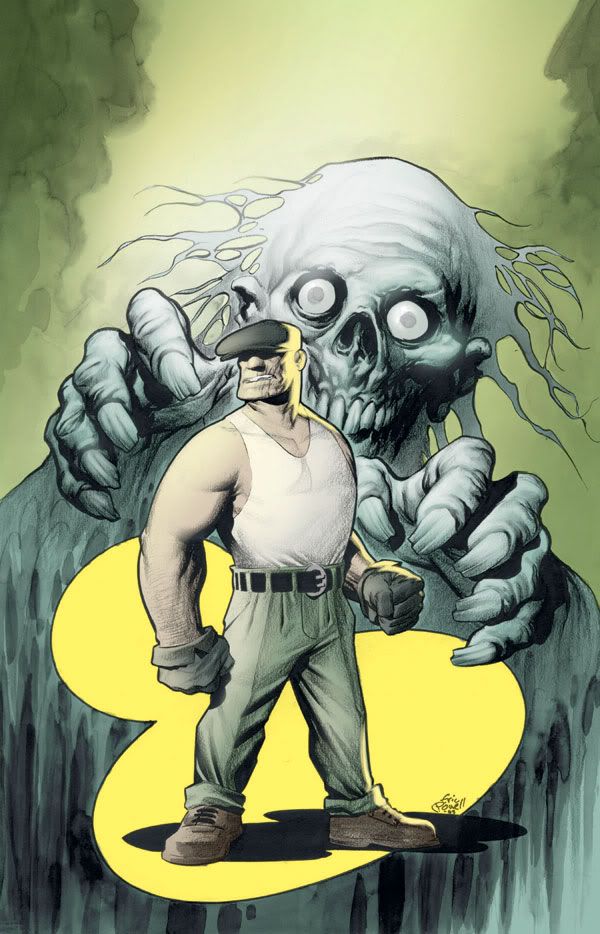More fun with Rick Veitch
If you enjoyed my earlier interview with Rick Veitch or the accompanying preview of his new book Army@Love, you’ll definitely enjoy this little bit of bonus material.
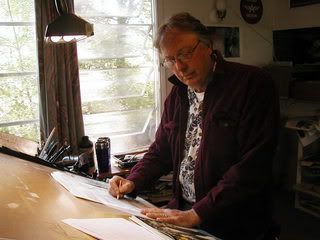 First, Rick just sent a note saying Army@Love now has a web site with some bonuses (particularly there are some cool character sketches and bios). You can find it right here. And, for the real meat of the bonus feature, I also found an old interview that I did with Rick when his last book came out, that being Can’t Get No (which is a book you NEED to read). The interview never made it onto our site, until now…
First, Rick just sent a note saying Army@Love now has a web site with some bonuses (particularly there are some cool character sketches and bios). You can find it right here. And, for the real meat of the bonus feature, I also found an old interview that I did with Rick when his last book came out, that being Can’t Get No (which is a book you NEED to read). The interview never made it onto our site, until now…
(more…)
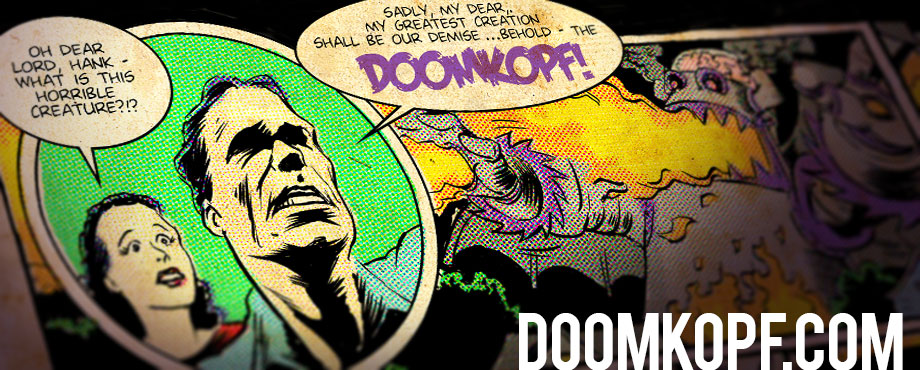
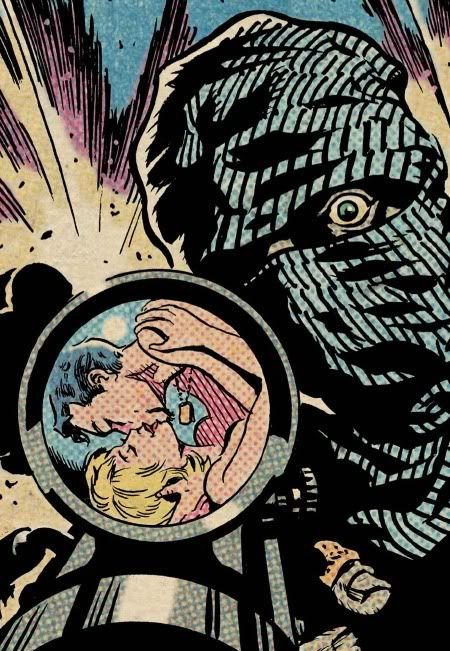 RV: The characters always have to be out in front, with the “message” (if that’s what we must call it) serving as a motivational and defining backdrop. In this case, I’m looking at the situation we’ve got ourselves into in Iraq and imagining what comes next. Everyone seems to be thinking we are going to pull out in a year or two, but as sad as I am to say it, I don’t believe that is going to be the case. I suspect we are in for a decades-long conflict all across the middle east and southern Asia. ARMY@LOVE imagines how the powers that be might have to rebrand such an unpopular war, in much the same way consumer products are routinely rebranded, to keep it going. The second issue explains this in a lot more depth, introducing the idea of the “corporate draft”, while the whole satirical approach to marketing and funding war expands over the length and breadth of the series.
RV: The characters always have to be out in front, with the “message” (if that’s what we must call it) serving as a motivational and defining backdrop. In this case, I’m looking at the situation we’ve got ourselves into in Iraq and imagining what comes next. Everyone seems to be thinking we are going to pull out in a year or two, but as sad as I am to say it, I don’t believe that is going to be the case. I suspect we are in for a decades-long conflict all across the middle east and southern Asia. ARMY@LOVE imagines how the powers that be might have to rebrand such an unpopular war, in much the same way consumer products are routinely rebranded, to keep it going. The second issue explains this in a lot more depth, introducing the idea of the “corporate draft”, while the whole satirical approach to marketing and funding war expands over the length and breadth of the series.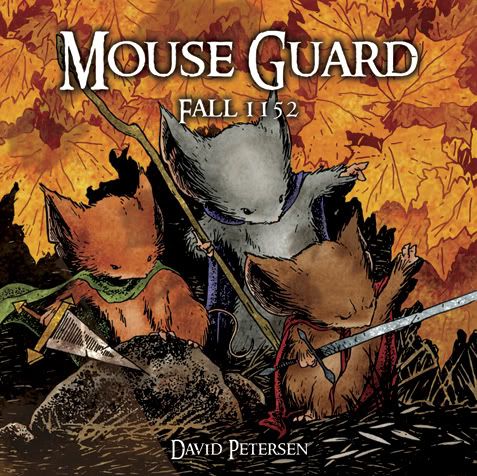
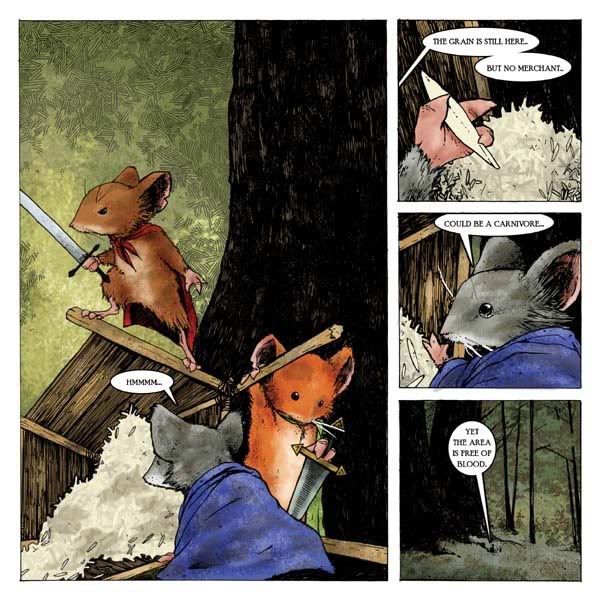

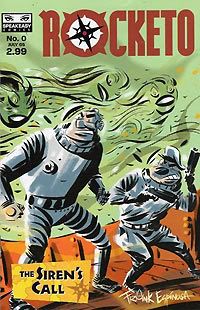
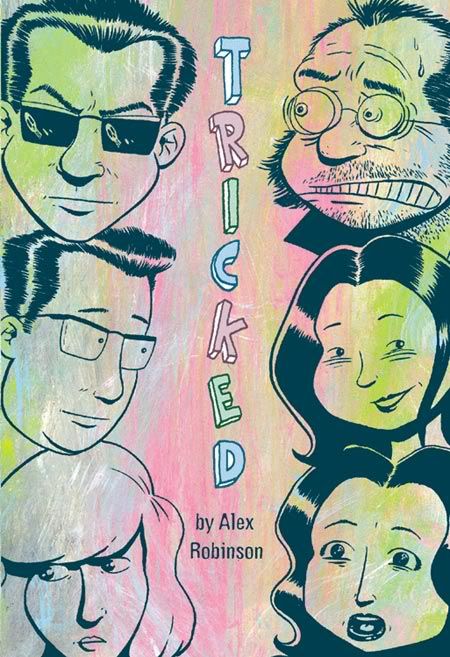 I don’t read reviews so my only impression about how the book is received is from e-mail and when I go to shows, so I guess people are too polite to say anything. I did get one e-mail from someone who didn’t like the book.
I don’t read reviews so my only impression about how the book is received is from e-mail and when I go to shows, so I guess people are too polite to say anything. I did get one e-mail from someone who didn’t like the book.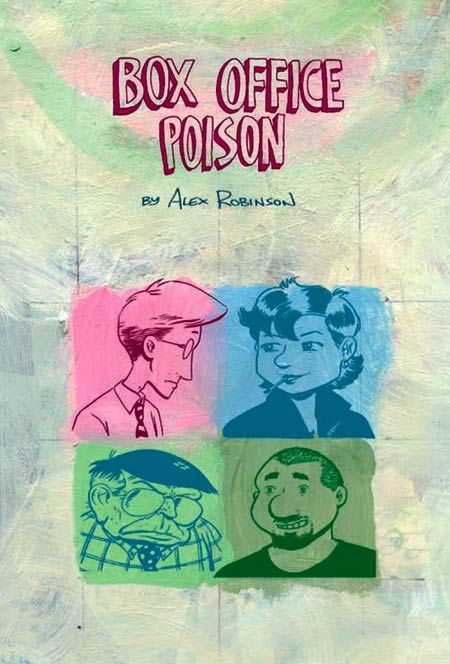 AR – That is something I like to examine. One of the things I thought was interesting was that, when BOX OFFICE POISON was serialized, everyone said they either loved to hate Dorothy or just plain hated her. Maybe it’s just the way people are conditioned, that there has to be a bad guy in the story, but I never really saw her as a bad guy. She had her problems, as we all do but I don’t think she’s genuinely bad. The only two real one dimensional villains in the book I can think of offhand are LeBlanc, the publisher of Zoom Comics (though I could’ve easily told the story from his point of view and made him more sympathetic–but somebody has to be the bad guy!–and Mako, who murders someone in cold blood.
AR – That is something I like to examine. One of the things I thought was interesting was that, when BOX OFFICE POISON was serialized, everyone said they either loved to hate Dorothy or just plain hated her. Maybe it’s just the way people are conditioned, that there has to be a bad guy in the story, but I never really saw her as a bad guy. She had her problems, as we all do but I don’t think she’s genuinely bad. The only two real one dimensional villains in the book I can think of offhand are LeBlanc, the publisher of Zoom Comics (though I could’ve easily told the story from his point of view and made him more sympathetic–but somebody has to be the bad guy!–and Mako, who murders someone in cold blood.